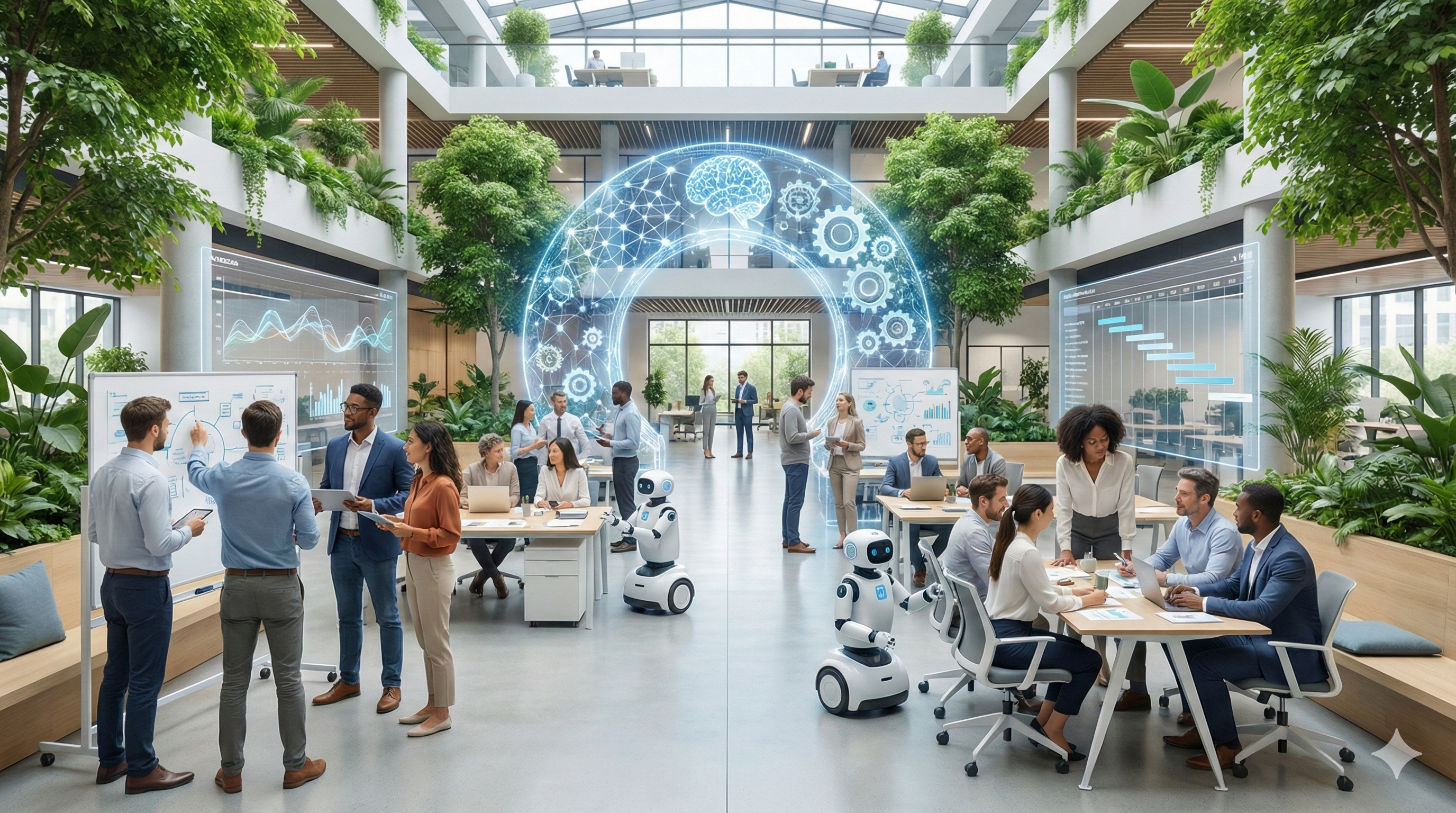This year, Aneo is renewing its participation in DevOps REX! On this occasion, we are sharing our feedback on concrete cases of DevOps implementation.
The transformation of the company only makes sense if it is done by and for the men and women who compose it. It must be a permanent and unifying dynamic, based on a cultural change founded on the complete human capital of the enterprise.
Capillarity versus verticality
Within most companies, how many employees are truly engaged in the organization and driving change? Often few, forming a minority considered capable and in a position to decide for the group. This is generally the basis on which the life of the company, its orientations, and the implementation of transformations decided "from above" are founded, often with a great deal of "change management" efforts that are often long and complicated... and sometimes ending in failure, or at best partial success.
According to this logic that traditionally prevails, the improvement of the company mainly happens through the improvement of tools and processes. But rarely of people. However, the transformation of the company must be approached primarily through the human factor. The failure of a transformation project often comes from the lack of buy-in from the majority of employees, namely those who are considered, by default, outside the circle of decision-makers. These employees are only integrated into the change process late, when it is being implemented. More or less faced with a fait accompli – or rather, a task to be accomplished – they can hardly embody the spirit of the desired change.
Given the hierarchical structures of companies, it remains essential that global decisions come from the leaders. The DevOps culture emerges from the ground for the ground. Visionaries from the field must convince their leaders and demonstrate to them the added value of such a culture. Thus, these leaders have the responsibility to trigger transformation movements and to instill them in all employees. The vertical approach to transformation must therefore not be limited to itself, and it must be complemented. To this verticality, an approach by capillarity must be added, which is based above all on the human capital of the company. This is the principle of what can be called "Human DevOps," which aims to bring together all the forces and skills of the company – integrating both decision-makers and operational staff – to produce more value.
Collective intelligence in service of continuous transformation
Human DevOps allows all actors in the company to participate from the earliest stages of reflection, and not just once the project is planned and decided. It is about adding a cultural aspect to the technical aspect, so that everyone shares the same culture of change and the same convictions. It's not just about having change in mind, it's also about having it in the gut. This culture must spread and continually infuse within all teams, so that transformation becomes a mindset inseparable from the identity of the company and the role of each individual.
Transformation must, in this sense, be seen as a continuous process associated with a strategy of small steps. The goal is to be able to implement project phases as quickly as possible, almost in real time as development progresses. Because a digital transformation project, whatever it may be, will no longer be valid as such in two or three years. It cannot be an end in itself.
The concept of agility makes complete sense here. The company must be agile in how it approaches transformation, and it must also be agile in how it considers and manages its human resources. The new generation of employees will change professions several times during their professional lives. It is therefore essential to help them evolve and give them the means to develop their skills. Certainly, the company should not stop bringing in talents from outside, but it must first and foremost focus on the continuous development of its existing human capital.
Human DevOps is both an approach to designing and implementing transformation, but also a different way of thinking about the company as a whole and its overall development. Rather than tackling change issues through processes and techniques, they must first be approached through people. The company must unleash its skills, both to involve them in change and to allow them to evolve continuously. This approach of Human DevOps is precisely what allows the completion of a DevOps transformation, which aims to bring together application development and operations to streamline production and reduce time to market. By unleashing its skills, both to involve them in change and to allow them to evolve continuously, the company makes transformation a common culture, embraced by all employees.
Human Devops, a weapon for continuous transformation
Written by Wilfried Kirschenmann, on 09 October 2019

Share this article
You may also be interested in these articles


